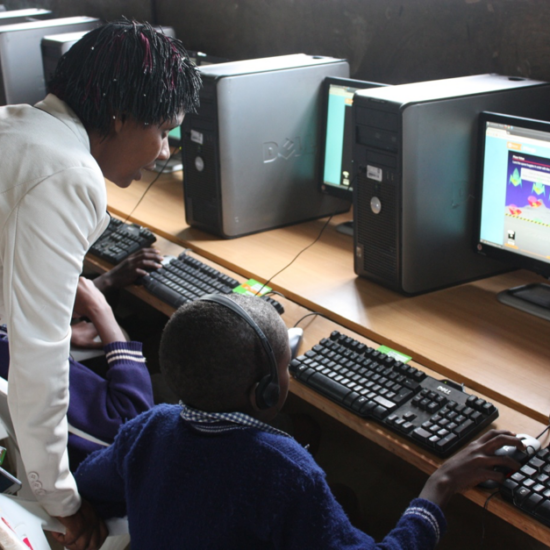
The Zambian government’s recent encouragement to citizens to utilize solar energy amid the 8-hour load shedding has left small businesses struggling to keep up as most of them lack the financial capacity to invest in alternative sources of energy like solar panels which costs above K30,000.
The announcement by the Government that Zambia commences experiencing 8 hours of load shedding from 11th March 2024 has cast a dark shadow on the already negative economic outlook for local businesses and the country at large.
The impending load shedding will put most SMEs in a very uncomfortable position because they will have to go for about half of the day without operating and this will result in a drastic drop in their revenues. And the timing is during peak business hours, which means almost the whole day.
While the idea of utilizing solar energy during the load-shedding period is a good one, it has become apparent that the cost of a solar system required to power up electrical appliances is above K30,000.
This cost is far too high for most small business entities, which lack the financial capacity to afford the solar system. While some solar energy companies offer systems that work on electrical appliances that consume less energy such as fridges, bulbs, and a television set, most small business entities that depend on appliances like welding machines that consume more energy cannot connect them to solar energy systems.
Recently Chief Government Spokesperson Cornelius Mweetwa encouraged Citizens to utilize solar energy during the load-shedding period.
A check by the Zambian Business Times -ZBT on the prices of a solar system needed to power up electrical appliances that consume less energy in selected solar energy companies, however, revealed that buying and installing the solar system in question costs about K35,000.
According to sources, the solar system needed to power appliances that do not consume a lot of energy involves a 1-kilowatt inventor or 1.5 inventor, batteries, panels, a combiner box, battery racks, a PV cable, installation kits, and installation charging systems costing, bringing the combined total to K35,000. This means that most small businesses like salons, barbershops, and welding shops, will have to suspend operations during load-shedding hours as most of them cannot afford alternative sources of energy.
Some solar energy companies have also spoken to, and noted that the K35,000 systems only work on electrical appliances that consume less energy such as fridges, bulbs, a television sets among other appliances.
This means that the encouragement by the government will not also be possible for citizens especially small business entities that depend on appliances like welding machines that consume more energy.
“Anything do with solar, we don’t add any heating appliances. The only things that can work on Solar are maybe a fridge, television, bulbs, or anything that does not consume a lot of energy but things like an electric kettle, a pressing iron, welding machine among other heating appliances that consume a lot of energy, we don’t connect them on solar,” some sources revealed.
“So the solar system needed to power appliances that do not consume a lot of energy involves a 1-kilowatt inventor or 1.5 inventor, batteries, panels, combiner box, battery racks, a PV cable, installation kits and installation charging system costing K35,000,” revealed some sources.







